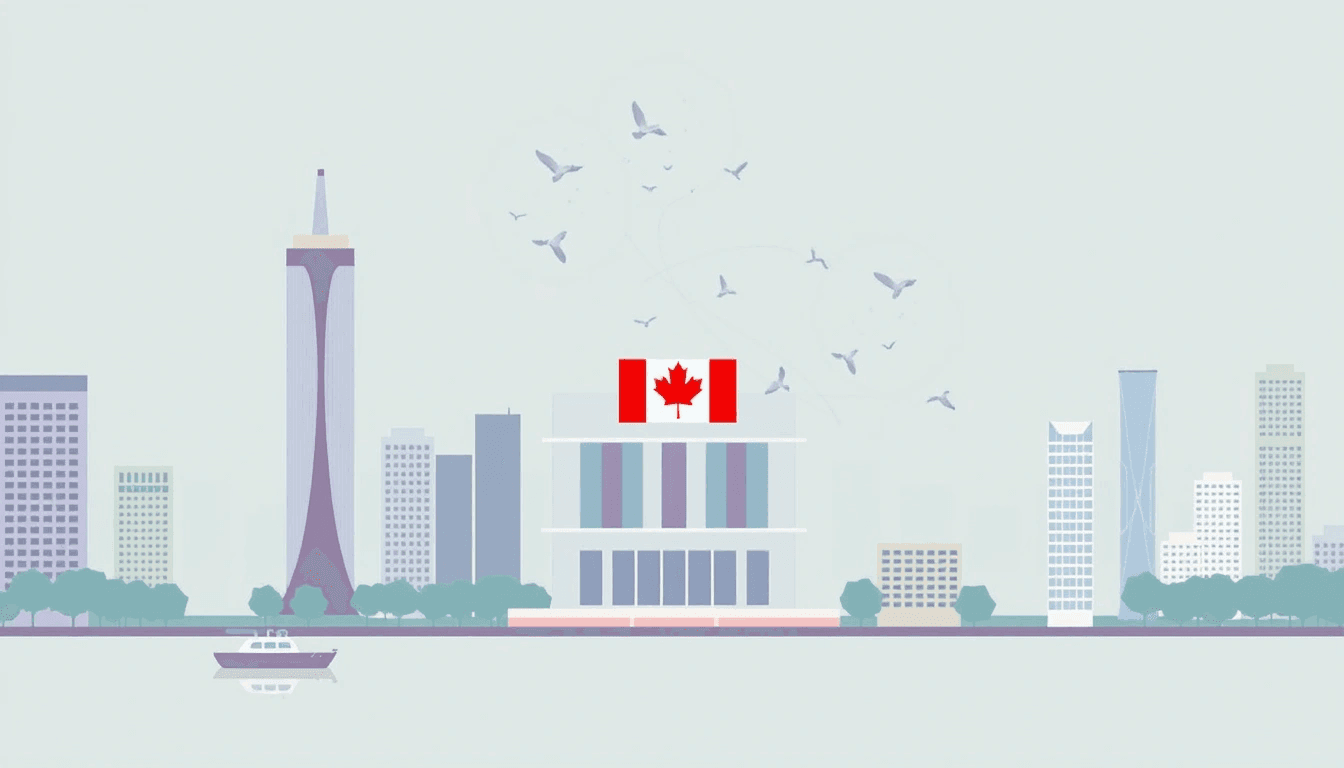

For many Non-Resident Indians (NRIs) living in Canada, maintaining an active Indian bank account is a financial lifeline, facilitating everything from managing ancestral property income to supporting family back home. However, the seemingly routine process of updating Know Your Customer (KYC) details can often feel like a bureaucratic maze across continents. It's a critical, often underestimated, requirement that, if not addressed promptly, can lead to frozen accounts and significant financial inconvenience.
The Reserve Bank of India (RBI) mandates regular KYC updates for all bank accounts, including those held by NRIs. This isn't just about paperwork; it's a vital component of anti-money laundering (AML) efforts and a safeguard against financial fraud. Banks are required to maintain up-to-date information on their customers to ensure regulatory compliance and the integrity of the financial system. For NRIs in Canada, this means proactively engaging with their Indian banks to ensure their details are current, typically every two to ten years, depending on the risk category assigned to the account.
The challenge for Canadian NRIs often stems from the geographical distance and the specific requirements for document verification. While Indian banks are increasingly adopting digital solutions, a significant portion of the KYC process still involves physical document submission and stringent attestation. The first step, invariably, is to understand your specific bank's requirements. While the core documents are standard, individual banks may have slightly different preferred methods for submission or attestation. It's always best to check their official NRI banking portal or contact their dedicated NRI customer service channel directly.
When it comes to documentation, you'll typically need to provide updated proof of identity and address. Your Indian Passport is almost always the primary document for identity verification, often coupled with your Permanent Account Number (PAN) card. For address proof in Canada, documents like a Canadian driver's license, utility bills (electricity, water, gas, landline telephone – not mobile phone bills), or bank statements from a Canadian bank are usually accepted. What's crucial, however, is the attestation of these documents. Indian banks generally require these copies to be self-attested by the account holder, and then further attested by a Notary Public in Canada. Some banks might even specify attestation by an Indian Embassy or Consulate official, though this is becoming less common for routine updates.
Once you've gathered the necessary documents and had them properly attested, the next hurdle is submission. Many leading Indian banks now offer online portals where you can upload scanned copies of your KYC documents. However, this often serves as an initial submission, and a physical set of the attested documents might still need to be couriered to your bank's designated NRI branch or a central processing unit in India. Some banks also accept documents via email, but again, this usually necessitates a follow-up physical submission. It's imperative to ensure that the scanned copies are clear, legible, and include all pages, especially those with official stamps and signatures.
Meanwhile, a common pitfall is the issue of Aadhaar. While Aadhaar is a ubiquitous identity proof in India, its use for NRIs can be complex. If you do not have an Aadhaar or if your Aadhaar is not linked to an Indian mobile number, it's generally not a mandatory requirement for NRI KYC. Banks should accept other valid documents as per RBI guidelines. However, if you do have an Aadhaar and an active Indian mobile number, linking it can sometimes streamline the process for certain services. Always confirm with your bank if Aadhaar is a requirement for your specific NRI account status.
The entire process, from gathering documents to final verification, can take several weeks. Therefore, it's prudent to start the KYC update process well in advance of any communication from your bank indicating a pending update or, worse, a freeze. Proactive engagement not only prevents account interruptions but also ensures that your financial dealings in India remain smooth and compliant. Remember, the goal here is to bridge the geographical gap with robust documentation, ensuring your Indian banking relationship in Canada remains as accessible and reliable as ever.

About Harleen Kaur Bawa
Harleen Kaur Bawa is a licensed immigration attorney specializing in Canadian immigration and Indian services. With extensive experience in family sponsorship, Express Entry, refugee claims, and OCI services, she has successfully helped hundreds of clients navigate complex immigration processes.
Harleen holds degrees from York University - Osgoode Hall Law School and the University of Toronto, and is certified by the Law Society of Ontario and the Immigration Consultants of Canada Regulatory Council. She is committed to providing personalized, professional legal services to help clients achieve their immigration goals.
Related Articles

UK Intensifies Student Sponsor Checks: Tougher Sanctions, Student Verification Now Crucial
UK tightens student visa compliance for institutions. Discover stricter audits, penalties & crucial steps for international students to verify sponsors.

Navigating the Global Talent Maze: Translating Diplomas and Enduring Consular Waits for Employer-Led Entry
Master the global talent hunt. Understand employer-led immigration hurdles: diploma validation, lengthy visa waits, and variable processing by region impacting international hires.

Ongoing Consultations with Provinces Shaping National Policy Landscape
Federal-provincial consultations in Canada aim to forge a national strategy for economic recovery, climate, & healthcare. Explore how this will redefine intergovernmental cooperation.